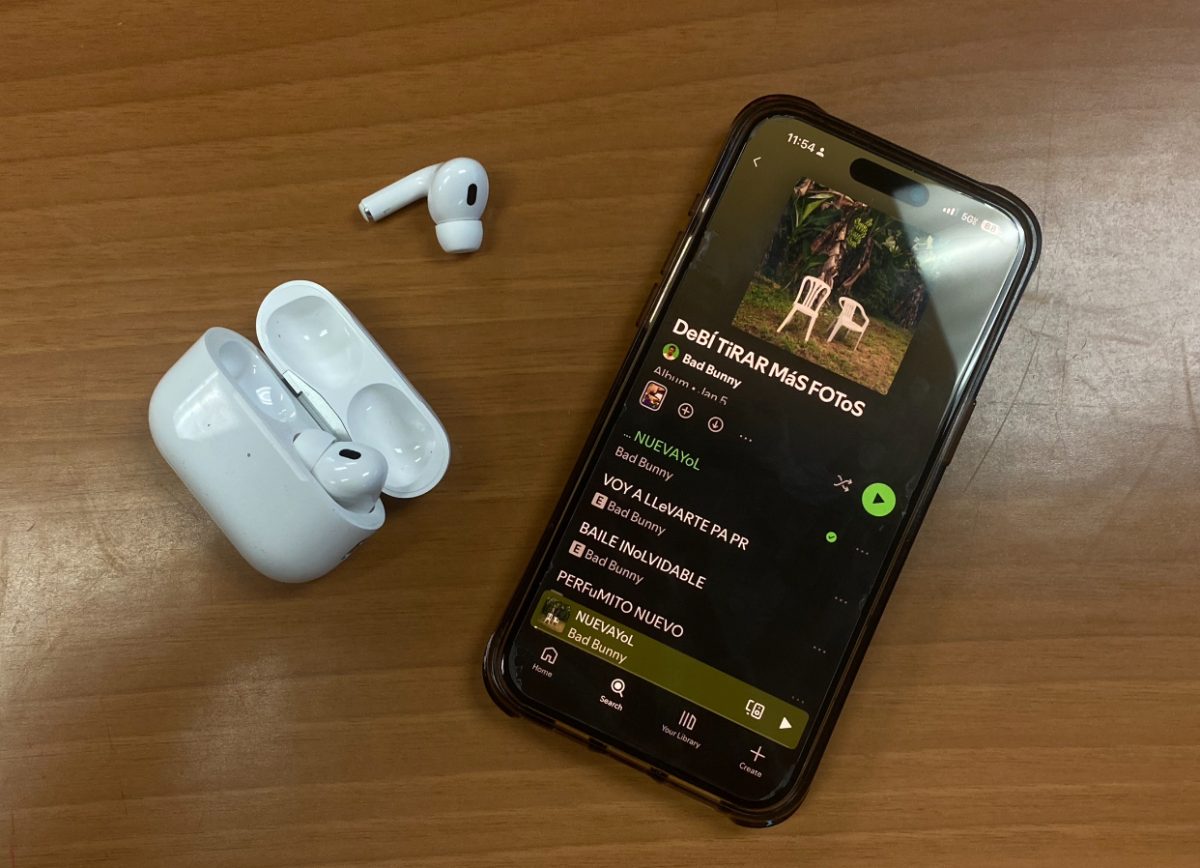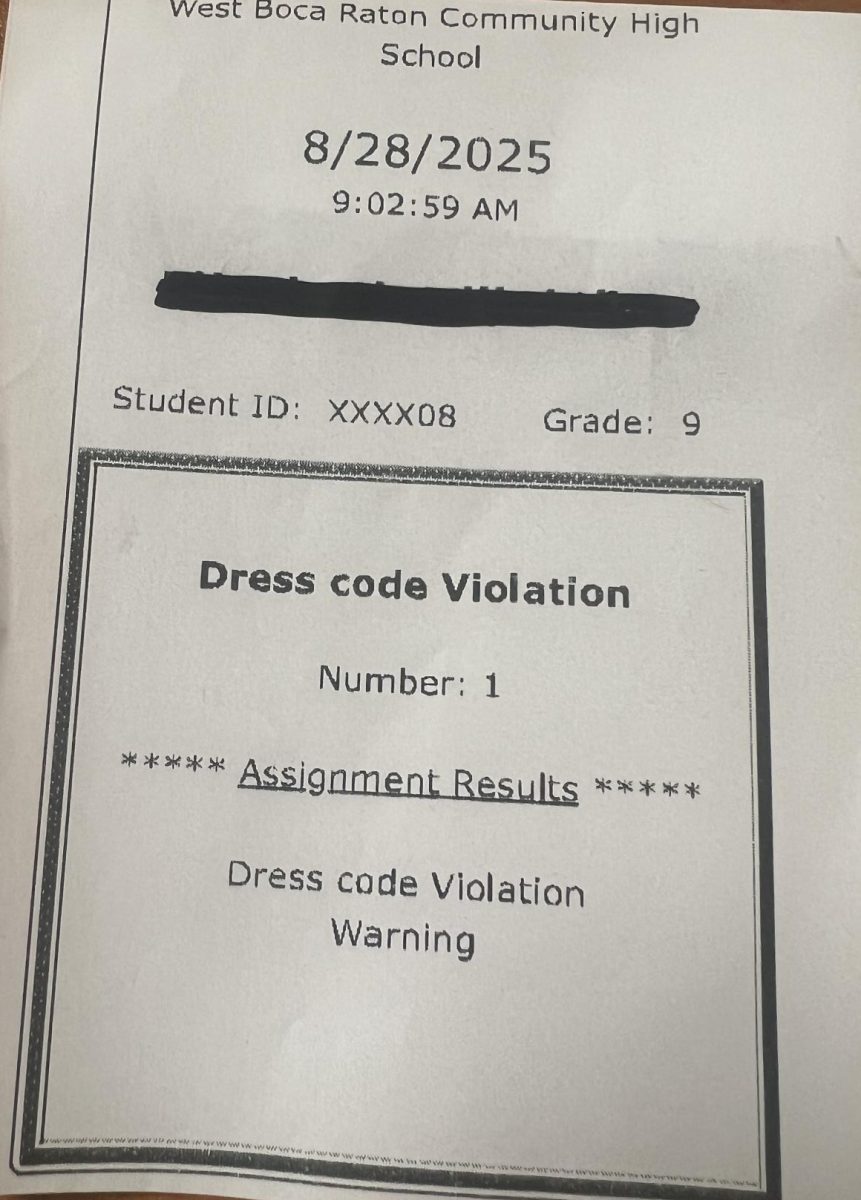It’s 11:58 PM. There’s a dull pain casting a stormy cloud around your head. Your eyes are bloodshot, although below them is a shadow of the hours you’ve spent procrastinating over your essay that is due in one minute. As the seconds tick away- your heart thuds, your pulse races, and your finger hovers over “the turn” in button. You’re so tired that it’s hard to tell if your writing is even intelligible, yet it’s only the first assignment from your pile of unfinished work. In fact, While this is a current occurrence for many high school students, studies have shown it may be more than just procrastination or laziness.
Stress has been found to be extremely addictive despite it being so normalized in our generation. In fact, when 111 West Boca students were surveyed, 45% answered they feel constantly stressed. Abby Martinez, Senior at WBHS, gives her reason for being in this majority, “I like to have a lot on my plate. I don’t want to waste my life being on my phone, but despite my workload being voluntary, I am susceptible to stress.” With an increased pressure to succeed as high school students, overachievers are more susceptible to developing a dependence on stress and the hormones it releases. Adrenaline makes your heart beat faster and raises blood pressure. Cortisol increases glucose in the bloodstream and aids in fight-or-flight situations. Dopamine, however, is associated with positive emotions such as pleasure, motivation, and satisfaction. Although your body can become addicted to all of these hormones, dopamine is the most prevalent as it causes you to associate stress with a good feeling. Using stress to avoid negative emotions such as boredom or loneliness can also create a need for these anxiety-inducing chemicals.
Stress addiction has more consequences than just turning in homework late though. Many unexplained physical issues can be attributed to extreme amounts of stress on both the brain and body. For instance, high blood pressure, irritable bowel syndrome, acne, headaches, and insomnia- just to name a few.
If you constantly check your phone (like 25% of the surveyed WB students), feel tense and unable to relax, repeatedly wait until the last minute to complete things (like 20% of the surveyed WB students), or feel any of the physical symptoms listed above there is a chance you may be a stress addict. However, there are many simple coping mechanisms that can help you overcome it. Occupying yourself with activities such as working out is a great solution, especially because exercising releases endorphins as well as dopamine and serotonin. This has proven to be extremely successful in improving mental health issues such as anxiety and depression. Although it can be difficult, receiving at least 8 hours of sleep at night can help tremendously. Also, making sure you’re eating healthy meals and receiving vitamins like omega-3 and vitamin C is crucial to feeling good both physically and mentally. Taking technology breaks just to go outside into nature and relax your mind can be beneficial alone. Unfortunately, many of these practices are overlooked by adolescents because they are so consumed with social media and materialism. Simply changing your habits and mindset can make such a huge difference on mental health issues many face today.
So take a brain break and next time you get an assignment, complete it right away to save yourself some stress!
















































